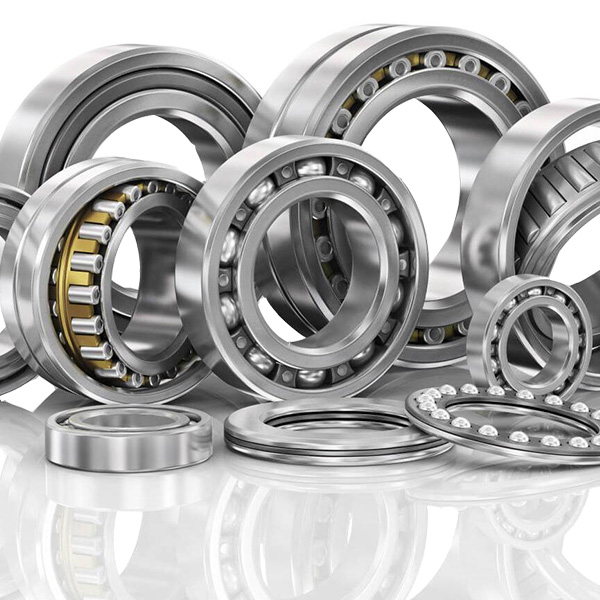1. Proper Lubricant Selection: Choosing the right lubricant is crucial for maintaining good lubrication in NSK bearing. The lubricant must have appropriate viscosity, additives, and resistance to extreme temperatures, pressure, and contamination to ensure effective lubrication. 2. Regular Lubricant Analysis: NSK regularly analyzes the used lubricant in bearings to determine its condition and if it needs to be changed. This helps to prevent any potential damage to the bearings due to insufficient or contaminated lubrication. 3. Correct Lubrication Amount: NSK makes sure that the correct amount of lubricant is used in the bearings. Over-lubrication can be just as harmful as insufficient lubrication, as it can cause excess heat generation and increase the risk of contamination. 4. Proper Lubrication Interval: The frequency of lubrication depends on various factors such as bearing type, size, operating speed, temperature, and load. NSK recommends a maintenance schedule based on these factors to ensure consistent and effective lubrication. 5. Lubricant Replenishment: In applications with high operating speeds or loads, NSK ensures that the lubricant is regularly replenished to prevent it from running out. This helps to maintain a constant film of lubricant between the bearing surfaces and prevent metal-to-metal contact.6. Proper Bearing Sealing: Proper sealing of bearings prevents lubricant leakage and minimizes contamination, ensuring that the lubrication inside the bearings remains effective for a longer period. NSK uses advanced sealing technologies to achieve this. 7. Maintenance and Cleanup: Regular maintenance of NSK bearings includes cleaning and re-lubrication at recommended intervals. This helps to remove any contaminants that might be present and replenish the lubricant for continued effective operation. 8. Monitoring and Inspection: NSK uses advanced monitoring and inspection techniques to detect any potential failures or issues with the bearing lubrication. This includes vibration analysis, temperature monitoring, and visual inspections to catch any problems early on and take corrective actions. 9. Advanced Bearing Designs: NSK offers bearing designs that come with built-in lubrication systems, such as sealed or shielded bearings, that eliminate the need for external lubrication. These bearings are pre-lubricated and can operate for extended periods without the need for frequent maintenance. 10. Proper Storage and Handling: NSK ensures that bearings are properly stored and handled to prevent contamination and maintain their lubrication effectiveness. This includes protecting the bearings from moisture, dust, and other contaminants during storage and transportation.
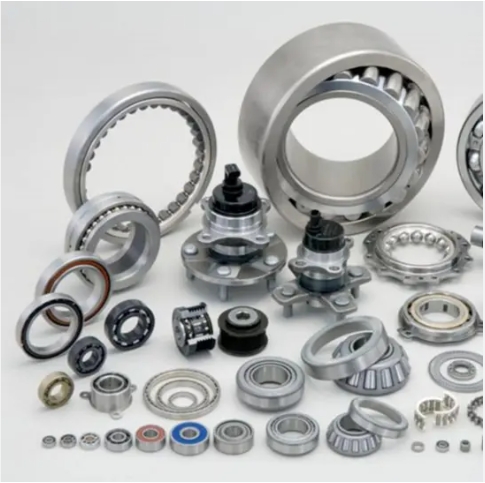
Here are some frequently asked questions about NSK Bearing :
1: Are NSK Bearings suitable for high-speed applications?
Yes, many NSK Bearings are designed to withstand high-speed operations, making them ideal for applications such as machine tools, automotive engines, and turbines.
2: What materials are used to make NSK Bearings?
NSK Bearings are typically made from high-quality materials such as stainless steel, ceramic, and high-carbon chrome steel, which offer excellent strength, hardness, and corrosion resistance.
3: How do I lubricate NSK Bearings?
The type and amount of lubricant needed for NSK Bearings depend on the application and operating conditions. It is recommended to follow the manufacturer's guidelines for proper lubrication.
4: Do NSK Bearings require maintenance?
Yes, like any other mechanical component, NSK Bearings also require regular maintenance to ensure optimal performance and longevity. This can include cleaning, lubrication, and inspection for any wear or damage.
5: Are NSK Bearings environmentally friendly?
Yes, NSK Bearings are designed with sustainability in mind and use materials and manufacturing processes that minimize environmental impact.
6: Can I reuse NSK Bearings?
Reusing NSK Bearings is not recommended as they are designed for specific usage and wear over time. It is important to replace bearings when necessary to maintain machine performance and safety.
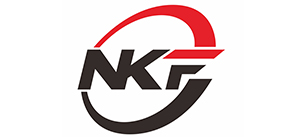
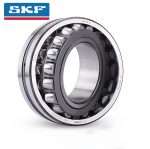 SKF Bearing
SKF Bearing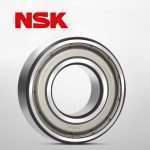 NSK Bearing
NSK Bearing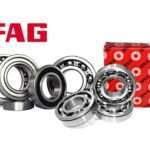 FAG Bearing
FAG Bearing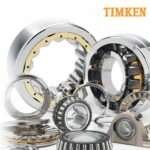 TIMKEN Bearing
TIMKEN Bearing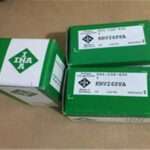 INA Bearing
INA Bearing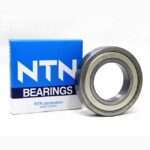 NTN Bearing
NTN Bearing